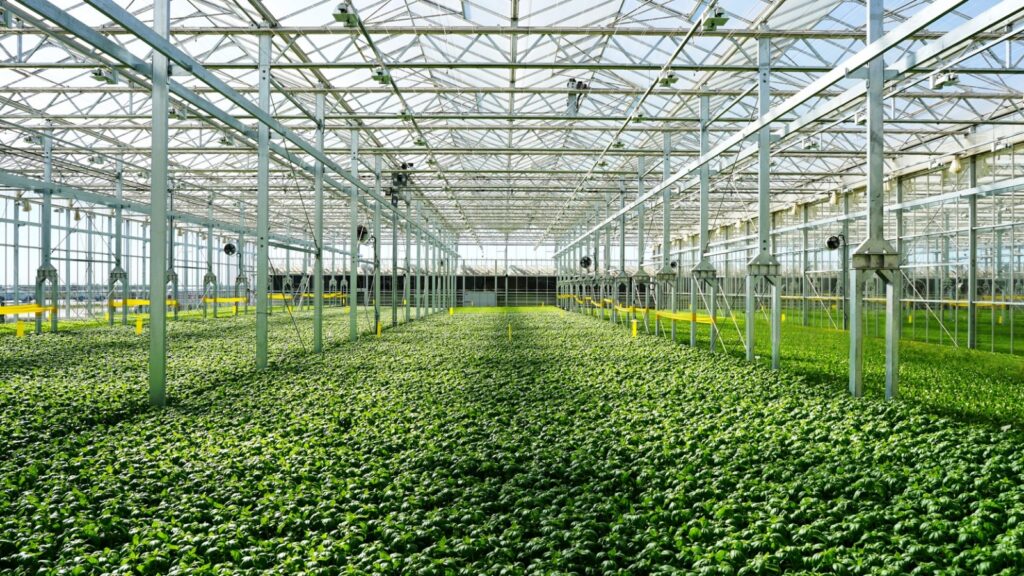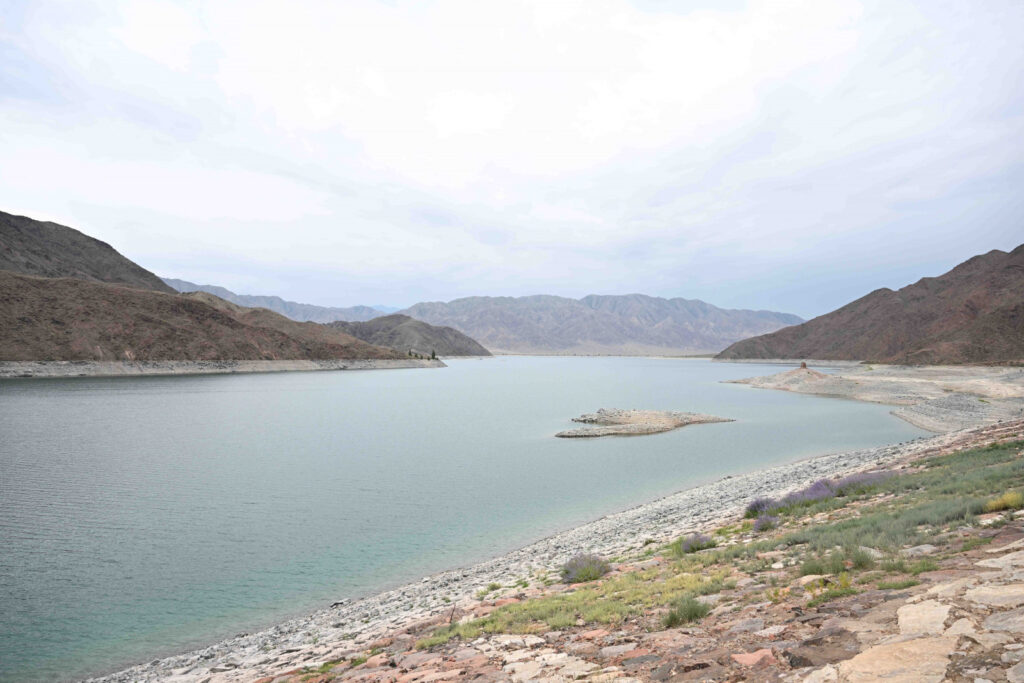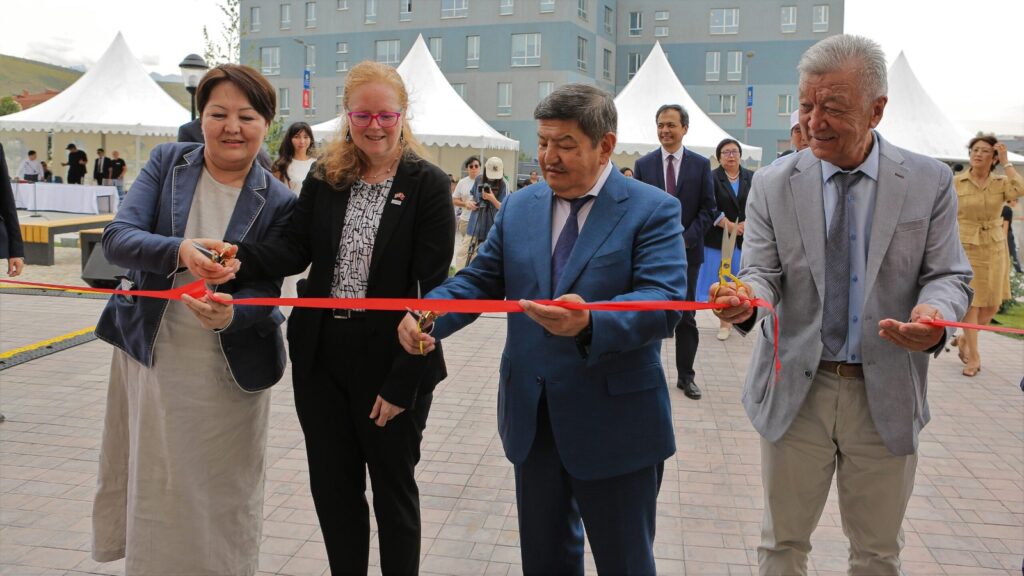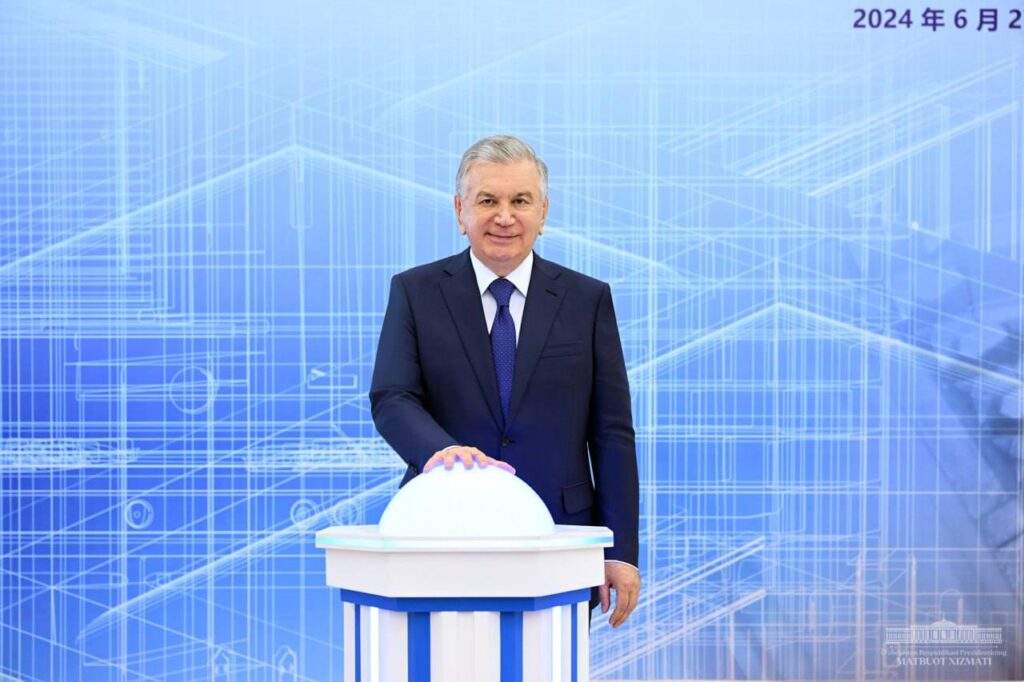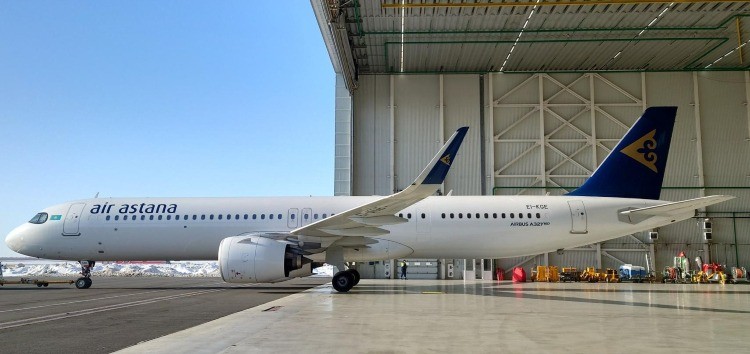Turkish Investment in Greenhouses in Kazakhstan
On July 2, Chairman of the Board of Kazakh Invest Yerzhan Yelekeyev, met Abbas Sahin, Vice-President of the Turkish group Alarko, to discuss the construction of a greenhouse complex in Shymkent in South Kazakhstan. As reported by Kazakh Invest, Alarko signed a contract with the Investment Committee of the Ministry of Foreign Affairs of Kazakhstan, to invest $150 million in the country’s agro-industrial sector for the first stage of a project comprising the construction of greenhouses, spanning 200 hectares, and creating 1,750 jobs. Preparations by the Turkish company for construction are now underway, with completion scheduled for 2026. Once in operation, the greenhouses aim to produce up to 50,000 tons of tomatoes per year. “Our company has operated in your country for the last 32 years,” said Abbas Sahin. “Given the large land area and available export markets, Kazakhstan has everything necessary to develop the agro-industrial sector. We see the amount of work that has been done in creating the excellent investor protection mechanisms that are now available to investors. We trust the country and have already invested approximately $700 million into projects implemented in Kazakhstan.” In response, Yelekeyev thanked the Turkish investor for contributing to the development of Kazakhstan’s economy and announced, “Turkey is an important partner of Kazakhstan, having implemented more than 70 projects worth $2.8 billion over the years of independence. We highly appreciate that Turkish companies continue to trust Kazakhstan and actively support measures to implement their projects successfully.”
